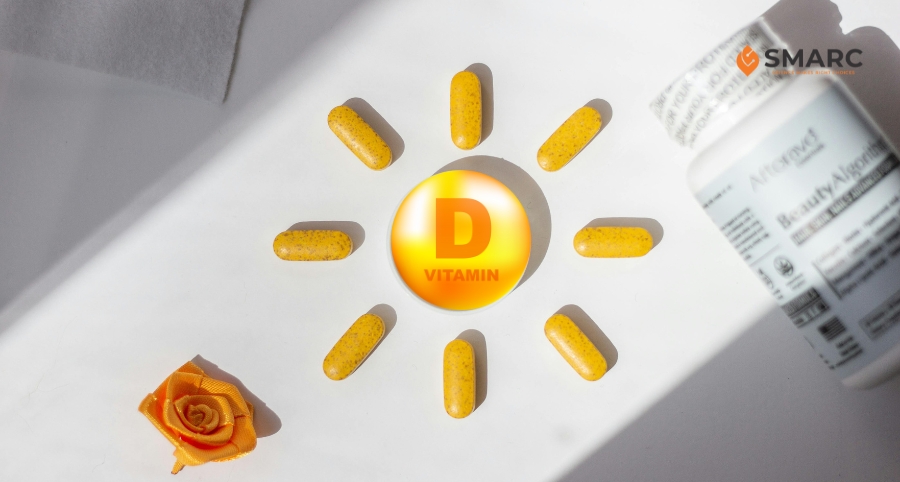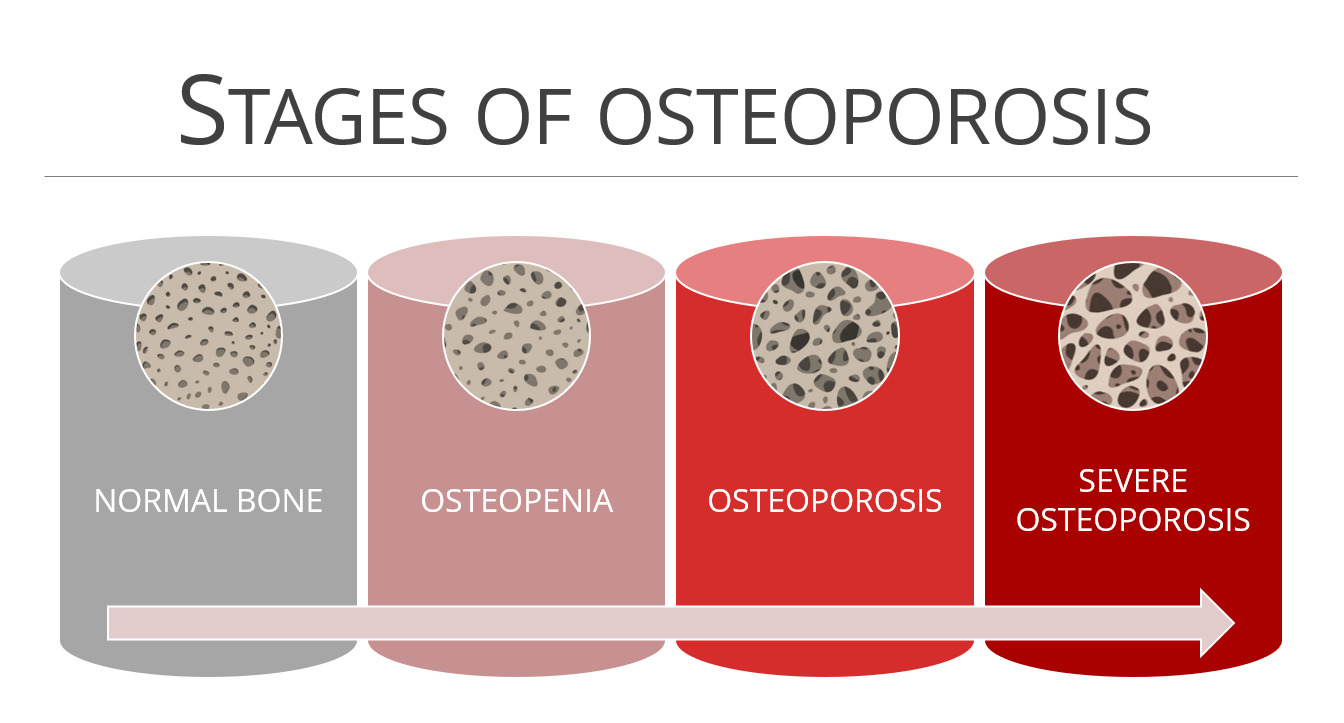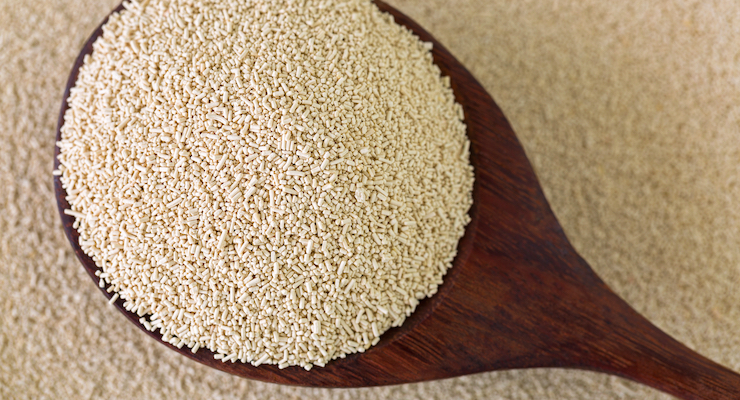Lịch sử
mua hàng

Vitamin D refers to a group of fat-soluble vitamins, mainly the two forms called vitamin D2 (ergocalciferol) and vitamin D3 (cholecalciferol). Vitamin D3 is produced when skin is exposed to sunlight, which is why it is also known as the "sunshine vitamin". Supplemental vitamin D is often found in the form of synthetic vitamin D3, which is made from sheep’s wool subjected to several solvent extractions and chemical processing steps before being crystallized and irradiated. Vitamin D2 is a natural form of vegan vitamin D produced in some plants and in yeast simply upon exposure to UVB light.
In the body, both vitamin D2 and D3 are converted to 25-hydroxyvitamin D or 25(OH)D also known as "calcifediol". It is the 25(OH)D which is measured by doctors when taking blood samples to determine a patient’s vitamin D status. A healthy vitamin D status is critical for optimal health. Vitamin D plays an essential role in the regulation of calcium and phosphorus metabolism for bone health.
Besides bone maintenance, adequate blood levels of vitamin D may play a role in the reduction of risk of certain common cancers, such as breast and colon cancer. Increasing evidence shows that vitamin D is also beneficial for tissues such as the brain, heart, stomach, pancreas, lymphatics, skin, gonads, and prostate, which are composed of cells that express the vitamin D receptor. In these tissues, vitamin D is thought to play a role in improving immune function, reducing inflammation, and maintaining normal cell division and muscle function.
Despite being labeled the “sunshine vitamin,” Vitamin D deficiency remains one of the most widespread and under-addressed nutritional deficiencies worldwide. The issue isn’t just underexposure to the sun but urban lifestyle trends: urbanization, working long hours indoors, sedentary outdoor lifestyle, technological shifts in skincare and clothing materials that reduce UV penetration, particularly in aging populations, people with darker skin tones.

Vitamin D is well known to regulate calcium absorption from the small intestine and stimulate healthy mineralization of bone and teeth. Deficiency in children will cause growth retardation and classic signs and symptoms of rickets (the softening and weakening of bones in children). In adults, vitamin D deficiency will precipitate and exacerbate both osteopenia (bone weakening) and osteoporosis ("porous" bone prone to breakage) and increase the risk of fracture.
In addition, the vegetarian and vegan community is growing, but there is a lack of natural sources of vitamin D. Lalmin® Vitamin D is the answer to this challenge.

Lalmin® Vitamin D is a dried inactivated whole cell yeast (Saccharomyces cerevisiae) containing elevated levels of vitamin D2.
When exposed to UV light, Saccharomyces cerevisiae converts ergosterol (naturally occurring in yeast) into ergocalciferol (vitamin D2), a vegan source of vitamin D. This is a natural, chemical-free method used to preserve the essential nutrients from yeast. This is the same conversion that creates vitamin D3 in human skin when it is exposed to the sun’s UV rays.
A common concern with vitamin D2 is its absorption and ability to maintain adequate blood levels compared to vitamin D3 (which is animal-derived). However, numerous clinical studies – including those conducted by the University of Helsinki and Purdue University – have proven that vitamin D2 from Lalmin® D can raise serum 25(OH)D levels equivalently to vitamin D3, the more commonly used animal-derived form of vitamin D.
A key differentiator of Lalmin® Vitamin D is its proven safety profile for use in infants, something very few vegan vitamin D sources can claim. Thanks to its strong safety data and high bioavailability, Lalmin® D is currently the only plant-based vitamin D2 source recognized by regulatory authorities in Europe and several countries for use in infant nutrition products.

Lalmin® Vita D is available in a stable, dry powder form that is easily incorporated into various applications such as dietary supplements, pharmaceuticals, nutritional products, and infant and toddler nutrition—any format requiring a natural, heat-stable, and vegan-friendly vitamin D solution.
Application examples include:
With its excellent heat stability, Lalmin® D can also be used in baked goods or thermally processed foods without compromising its vitamin D content.
Furthermore, Lalmin® Vita D meets Halal and Kosher standards and complies with regulatory frameworks in Southeast Asia—allowing businesses to expand into new markets while remaining locally compliant.
In an era where consumers are increasingly prioritizing natural, clean, and science-based solutions, Lalmin® Vita D is more than just an ingredient—it is a sustainable brand development strategy for the modern food and nutrition industry.